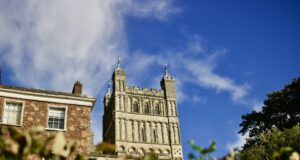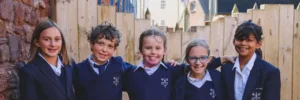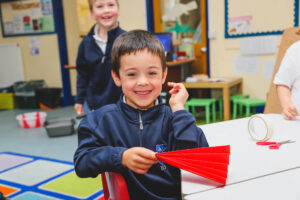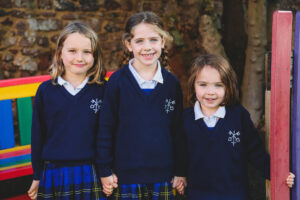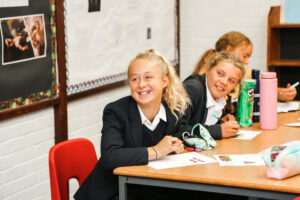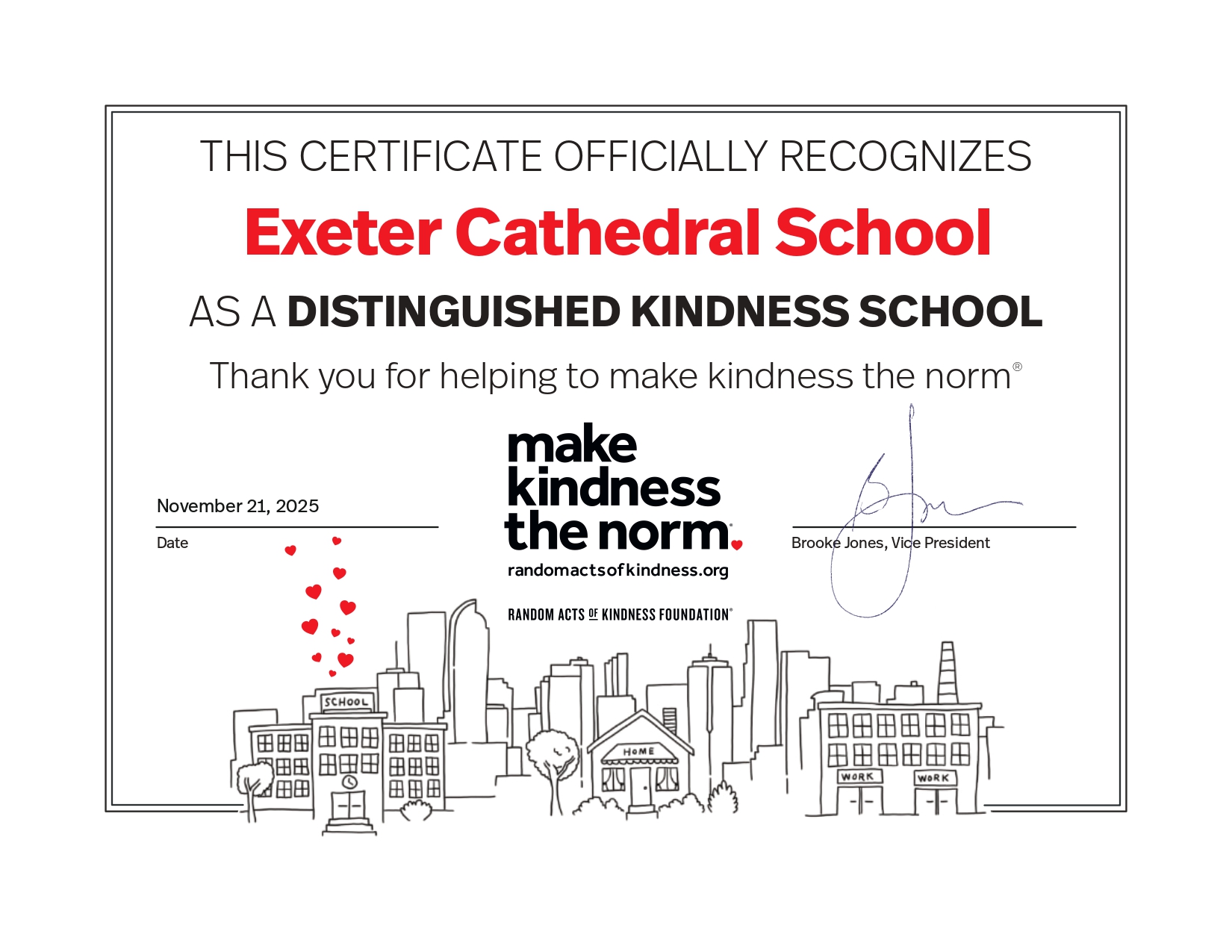Anyone in the park this morning must have wondered what on earth I was doing as I hastily scribbled down these words on the first piece of paper I could find in my bag. You see, I’ve been trying to write this blog for the last 10 days and, having chosen to reject all of my previous efforts entirely, I’m now attempting to write and walk simultaneously (a foolish choice I fear!).
During September, children at ECS have also been making lots of choices: who their class, food and eco reps will be; how and when to use their own voices; which charity to support during the year ahead. In the main, these have been expressions of explicit choices, shaped by assemblies and class discussion to enable children to develop their personal views. This is an important life skill as I’m sure we would all agree.
However, during our ECS Futures: Virtual Seminar this week, a line of poetry floated into my head:
I think of those prizes that were ours for the taking
and wonder when the choices got made
we don’t remember making.
Liz Lochhead, ‘The Choosing’
and I began to ponder all those other choices children make in the classroom – the implicit ones; the ones they might not realise they’re making.
Writing is a process that takes time. It isn’t tidy, it isn’t neat and it requires a huge number of minute choices. The planning, developing, selecting and sequencing of ideas in each sentence and paragraph is demanding and time-consuming. And, perhaps, it is in the rejection of possibilities that the challenge of choice is really felt. How then do we, as parents and teachers, give our budding writers the confidence to make choices? How do we encourage our confident writers to value the process of choosing so that their writing becomes increasingly accomplished? These are questions I will return to in my next blog.
Thursday 7 October was National Poetry Day and the theme this year was ‘choice’. With Years 7 and 8, we have explored ‘Sonny’s Lettah’ by Linton Kwesi Johnson and ‘Checking Out Me History’ by John Agard. Both of these poems are deliberately written in non-standard English and both use poetry as a ‘cultural weapon’ (Johnson) to challenge the representation of black people in Britain. The poems provoked some thoughtful discussions about not only the poet’s choices but also those hidden choices which can shape our views of the world we live in.
In writing, as in life, some choices are more clear-cut and easier to make than others. However, there can be many ‘right’ choices: what governs these can not only be personal, cultural and instinctive but also conscious, courageous and outside our comfort zone. As Samuel Taylor Coleridge once said prose is ‘words in their best order’ while poetry is ‘the best words in the best order’: our challenge is to help children choose and shape those words.
Miss Tamsin Bullocke
Head of Drama & English
